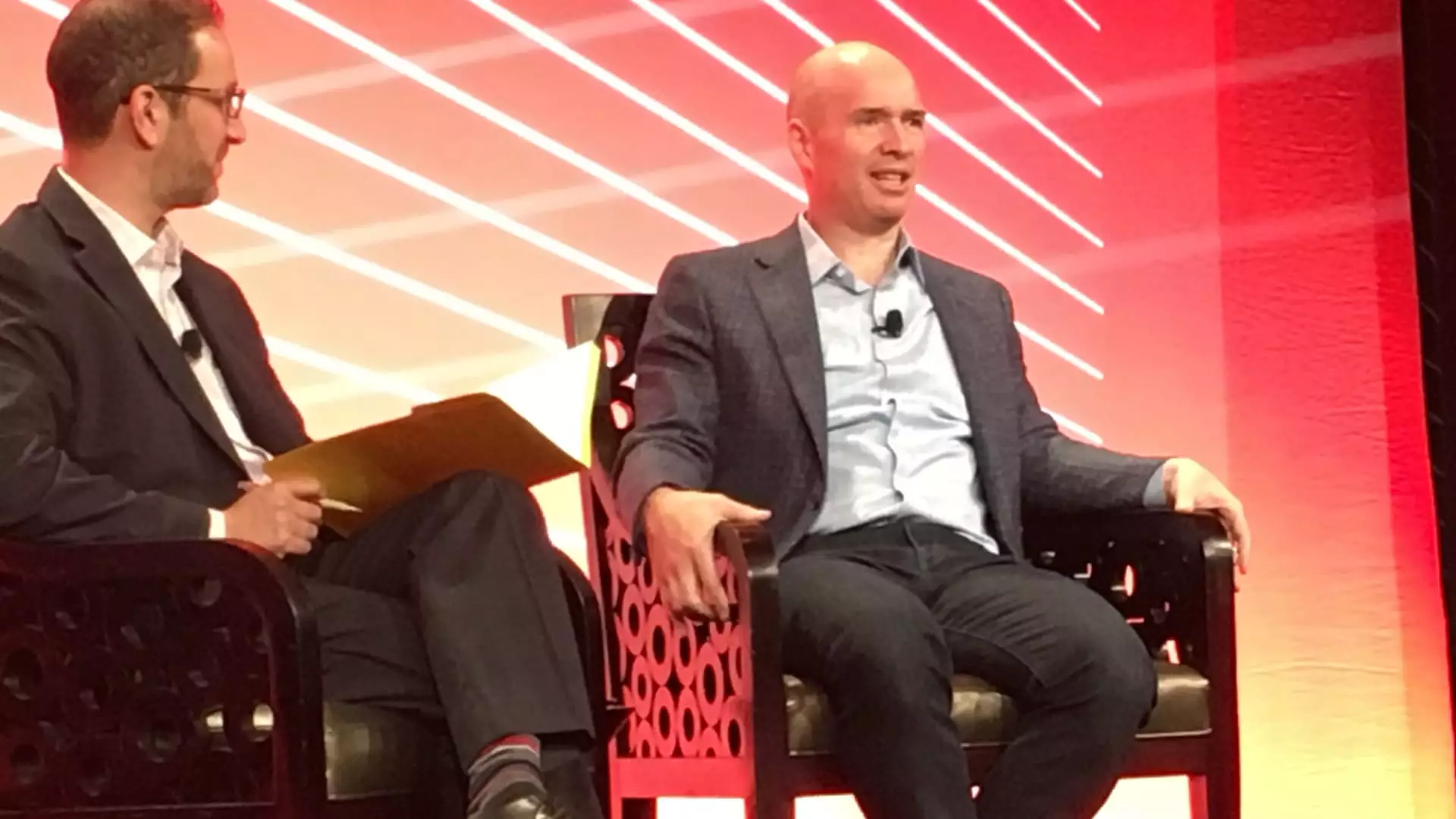In a surprising turn of events within the tech investment sphere, Ben Horowitz, a prominent venture capitalist and co-founder of the firm Andreessen Horowitz, has introduced a noteworthy development in his political affiliations. Just months after publicly aligning himself with political action committees supporting Donald Trump’s campaign, Horowitz tendered a significant financial contribution to Vice President Kamala Harris’s candidacy. This pivot highlights not only Horowitz’s personal convictions but also the nuanced relationship between technology investors and the political landscape.
The announcement, confirmed by CNBC, revealed that Horowitz and his wife, Felicia, have maintained a longstanding friendship with Harris—a connection that stretches over a decade. Such personal relationships often influence the political donations of high-profile investors, suggesting that Horowitz’s recent support for Harris may be grounded more in personal loyalty than in ideological alignment. As he communicated in a letter to his employees, this decision marks a pivotal moment, indicating a willingness to reassess his political affiliations in light of longstanding personal ties.
The communication from Horowitz raises questions about the coherence of his firm’s political strategy. Previously, the firm had spotlighted its dedication to what they defined as a “little tech agenda,” a stance they claimed was undermined by the Biden administration. Their critical perspective on the administration’s approach to startups and the crypto industry reflected a prevalent sentiment among many venture capitalists who felt marginalized under current policies. Initially, their support for Trump appeared to be a strategic play to advocate for a political environment more favorable to their interests, thus leaving many to wonder about the consistency of their positions.
Now, with the donation to Harris, Horowitz is scrambling to navigate the complexities of supporting opposing political figures within a mere three-month window. The move could be interpreted as distancing from Trump while attempting to secure a foothold among Democratic leadership that could potentially shape future policy benefitting tech innovation.
Horowitz’s dual backing of opposing political figures not only underscores his shifting priorities but also encapsulates the larger trend of tech investors entwining their fortunes with political figures based on personal relationships rather than strictly party loyalty. The crux of this quandary rests in the growing necessity for venture capitalists to engage with policymakers on both sides of the aisle, ensuring they have allies who can support tech-driven growth irrespective of their declared political affiliations.
As the 2024 election season heats up, investors like Horowitz must find a way to articulate their political stances coherently. The tech industry, in its continuous battle for favorable regulations and financial opportunities, is watching closely. Horowitz’s decisions illuminate the treacherous waters venture capitalists must navigate, prompting them to balance personal connections with effective political strategies that ensure the advancement of their broader industry goals.
As political contributions from influential figures evolve, the tech sector’s interplay with governance will remain a critical narrative, shaping not just the fate of individual campaigns but the broader economic landscape in which these investors operate.

